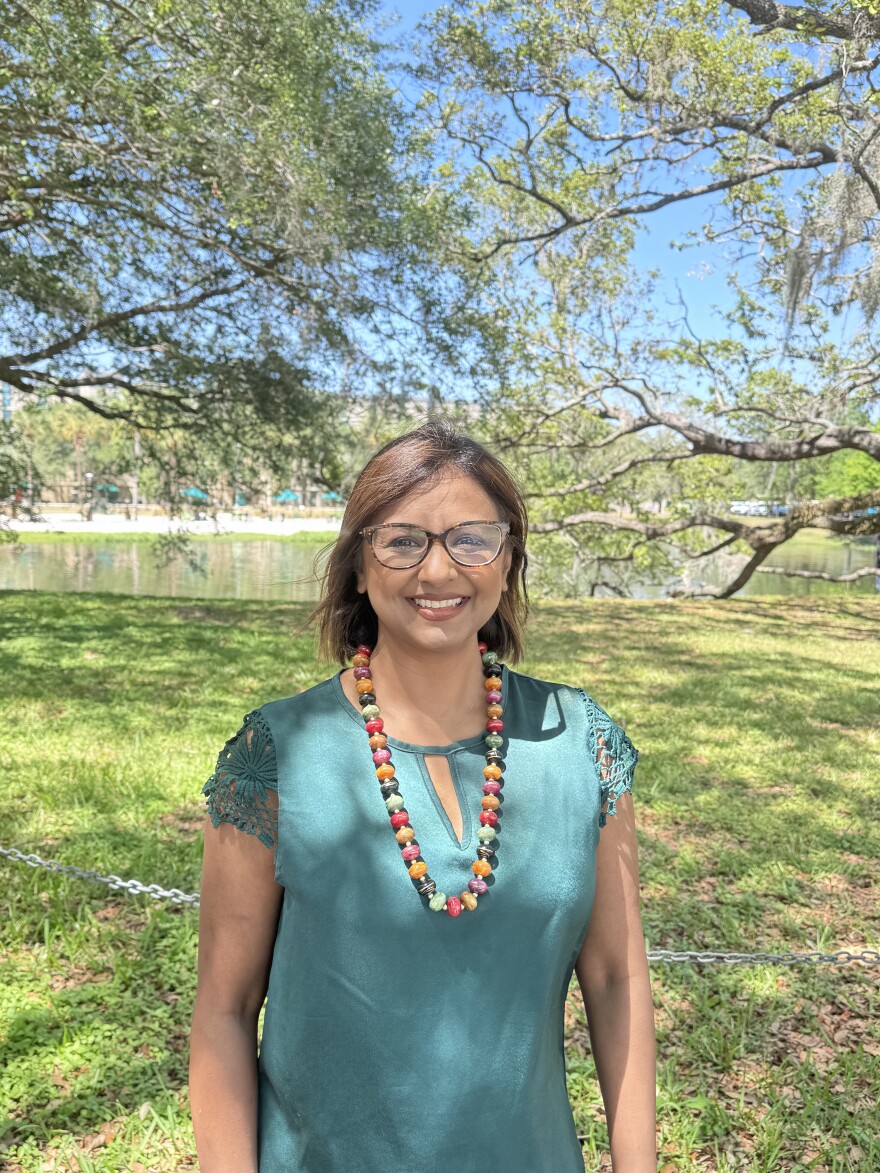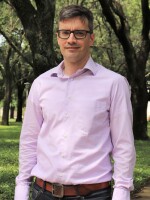Hurricane season is always stressful. And it may weigh even heavier as you continue to recover from last year’s storms.
So, how are you coping and dealing with the unknowns as hurricane season begins June 1?
On this episode of "Florida Matters," we invited a couple of experts in helping people get through crises.
In addition, some of you reached out with stories about how last year’s hurricanes affected your mental health.

Shannon Vasco, who lives in Yankeetown, said hurricanes Debby, Helene and Milton finished off her house – which had already been damaged in 2023 by Idalia – and drove loved ones out of the community.
She told program host Matthew Peddie that the storm was devastating, but people in the town also came together to help one another.
“It was kind of a double-edged sword that we hate to see these things happen but watching each other come together for each other,” Vasco said. “We were going from home to home, ripping people's homes apart, taking all of their belongings out to the curb, heavy labor-intensive, emotional-intensive work, but we were there for each other, and it was beautiful and tragic at the same time.”
ALSO READ: Here's how to find your hurricane evacuation zone across Florida
Vasco is staying in an RV while she works through insurance to get her home torn down and rebuilt.
Clara Reynolds is the president and CEO of the Crisis Center of Tampa Bay. She says that after a storm people may experience grief, loss and survivor's guilt, but these emotions are normal. And they may come back as we get closer to hurricane season.
“One of the things I think that's really important to talk about for us here in this community is that all of us were impacted. And I think that that is a wonderful thing,” she said. “Kind of like Shannon said; you've got a community of support, but you've also got the community who's experienced exactly what you have.”
Dr. Amber Mehmood is with the University of South Florida College of Public Health. She’s an expert in global disaster management, humanitarian relief and homeland security.

She said the stress and emotions can weigh on people physically.
“One of the things that I sort of tell people that when you're in the thick of it, you sometimes don't feel, you know, that you are stressed, or you are overwhelmed because you are under an adrenaline rush," she stated. "And when it goes down, that's when you start feeling things. That's when you start feeling grief and depression and sense of loss or loneliness."
Reynolds said one way to reduce these feelings is to prepare.
“Some of it is recognizing that you can only control what you can control, and if you can take that anxiety and channel it into things that you can do to prepare,” she said. “So, maybe that anxiety is around where you're going to go. OK, make a plan. Make a plan of preparation where you're going to go, because that will help to eliminate that anxiety.”
Mehmood said another way to alleviate the feelings after a disaster is to start using healthy coping mechanisms before the season so you have tools in place when the time comes to use them.
It’s also about community. Mehmood recommends getting out and starting to build connections now. That way, you have people to depend on during the hurricane season.
“Making those connections earlier, because when you are in the thick of an event, you might not be trusting your neighbors either in some situations. So, it might happen that you knock on the door and nobody responds, or responds in a hostile fashion. But if you know them earlier, it might be useful. I cannot emphasize enough that this is not to be done alone. It has to be a community effort," Mehmood said.
Hear the full conversation on the media player above.





